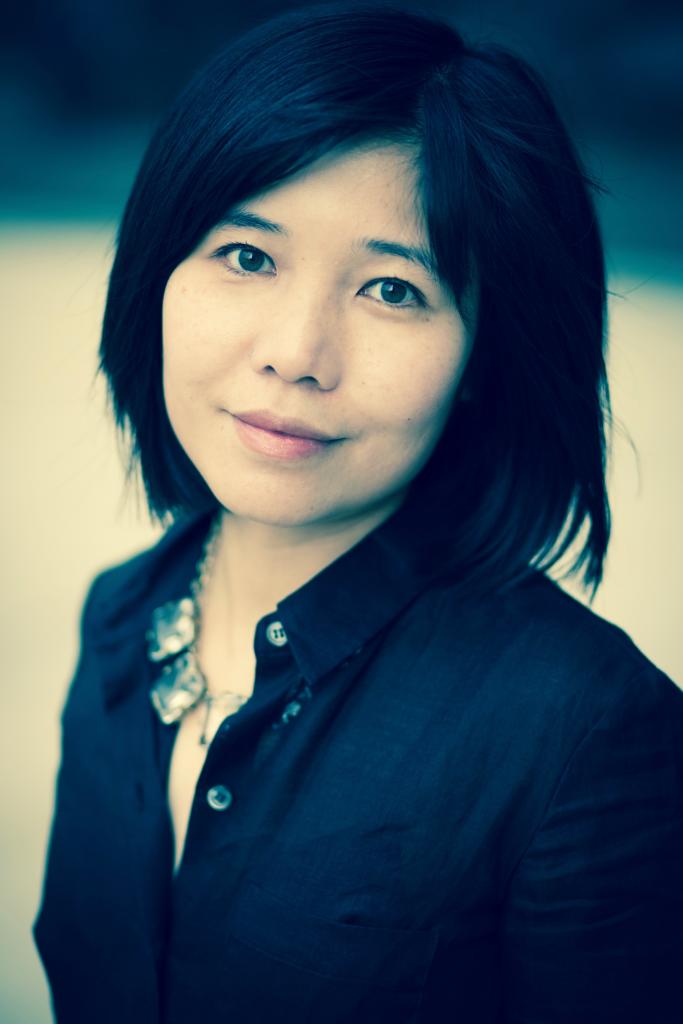
Yan Long
Yan Long studies the interactions between globalization and authoritarian politics across empirical areas such as health, civic action, gender, development and technology with a geographic focus on China. Her research falls into three broad areas:
(1) Transnational Institutions, Authoritarianism, and Public Health: Long's first book analyzes the evolving relations between infectious disease and authoritarian state building by tracing the evolution of public health systems in China . She focuses on how foreign interventions drove the formation of Chinese public health technocrats between 1978 and 2018 by highlighting the interactions between transnational organizations, Chinese health departments, and local social movements.
She also studies topics such as why social health insurance reform fails in the Global South. Her analyses examines how local cultural discourses and community relationships around gender and class mediates the impact of institutional reform on individual health-seeking behaviors.
(2) Transnational Social Movements and Global Cities: Long's international comparative research identifies global trends of increasing rationalization and managerialism in civic action such as the spread of evaluation/ranking/certification, crowdfunding, digitalization, and marketization among others. For details, see https://pacscenter.stanford.edu/research/civic-life-of-cities-lab/.
She also examine the impact of globalization on state repression and social movements. Her ongoing work looks into the rise of quantification in human rights that favors certain local community advocacy groups such as Chinese gay men organizations with higher economic and cosmopolitan standing. She also studies feminist movements in Asia.
(3) Technology, Urban Development, and Infectious Disease: Long's new research investigates the urban neighborhood politics during and after COVID-19 in China. She particularly concentrates on how the enactment of digital surveillance tools in public health measures created, mitigated, or deepened bureaucratic challenges and urban inequalities in authoritarian governance.
2024. Authoritarian Absorption: The Transnational Remaking of Infectious Disease Politic in China. New York: Oxford University Press.
Podcast on the book: https://matrix.berkeley.edu/research-article/yan-long/
Description: https://global.oup.com/academic/product/authoritarian-absorption-9780190900199
2025. With Wei Luo. “Affective Lockdown: Administrative Chaos and Informal Repairing in Urban China during COVID-19.” The China Journal 93: 51-75.
2022. “Selling under Stigma: The Relational Gender Dynamics of Becoming Biolaborers in China.” Social Science & Medicine 305 (115067) (https://www.sciencedirect.com/science/article/pii/S0277953622003732)
2022. With Wei Luo. “Dance with Glauthoritarian Urbanization: An Entrepreneurial Megacity in the Making through the Lenses of Civic Organizations.” Global Perspectives (
2022. With Wei Luo and Wenjuan Zheng. “Relational Work and Its Pitfalls: Nonprofits' Participation in Government-Sponsored Voluntary Accreditation.” Journal of Public Administration Research and Theory (https://doi.org/10.1093/jopart/muac010)
2018. “The Contradictory Impact of Transnational AIDS Institutions on State Repression in China, 1989-2013.” American Journal of Sociology 124 (2): 309-66.
- Distinguished Contribution to Scholarship for an Article Award, American Sociological Association Political Sociology Section, 2019
- Best Published Article Award, American Sociological Association Collective Behavior and Social Movements Section, 2019
- Best Scholarly Article Award, American Sociological Association Global and Transnational Sociology, 2019
- Faculty Article Award, American Sociological Association Development Sociology Section, 2019
- Best Research Paper Award, American Sociological Association Asia and Asian America Section, 2019
- Best Research Paper Award Honorable Mention, American Sociological Association Human Rights Section, 2020
2015. With Lydia Li. “’How Would We Deserve Better?’ Rural-Urban Dichotomy in Health-Seeking for the Chronically Ill Elderly in China.” Qualitative Health Research 7: 1-16.